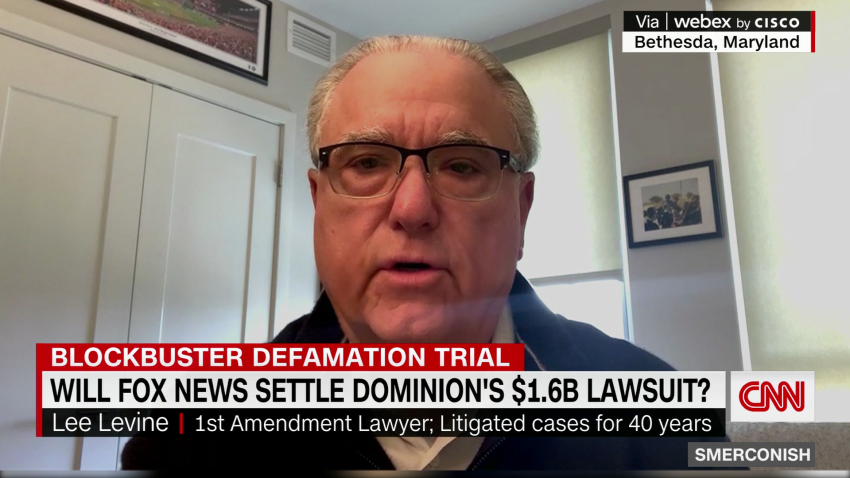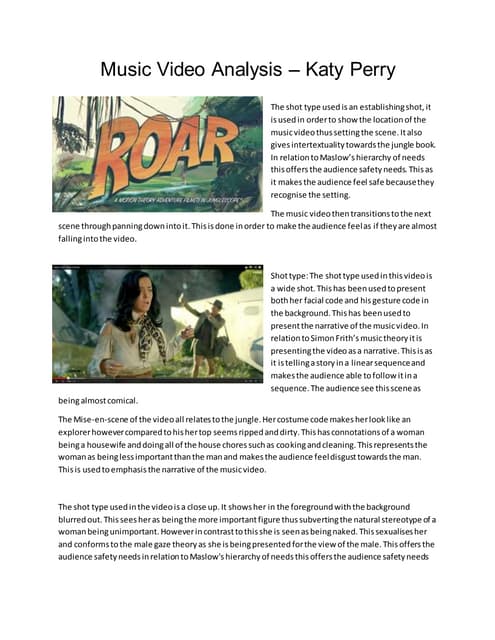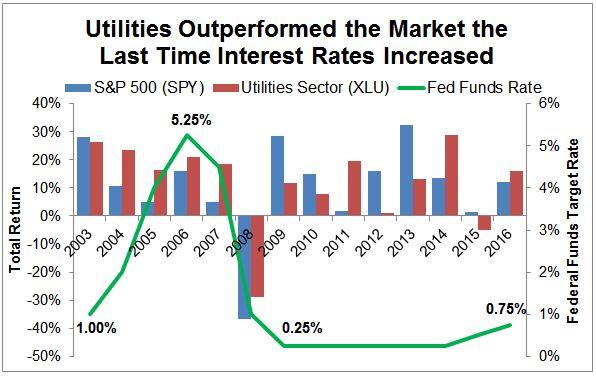FTC To Appeal Activision Blizzard Acquisition Decision

Table of Contents
The FTC's Initial Case Against the Merger
The FTC's initial lawsuit aimed to block the Microsoft-Activision Blizzard merger, citing serious antitrust concerns.
Antitrust Concerns: A Closer Look
The FTC argued that the merger would significantly reduce competition, harming consumers. Their central concern revolved around the potential for Microsoft to leverage its control over popular Activision Blizzard titles, such as Call of Duty, to stifle competition, particularly in the burgeoning cloud gaming market.
- Market Dominance: The FTC highlighted Microsoft's substantial market share in the gaming industry and argued that acquiring Activision Blizzard would grant them an insurmountable advantage, allowing them to engage in anti-competitive practices.
- Exclusion of Rivals: A key argument centered on Microsoft's ability to exclude rival companies from accessing popular Activision Blizzard games, particularly on cloud gaming platforms. This could severely limit consumer choice and innovation.
- Call of Duty and Beyond: The FTC specifically cited Call of Duty as a flagship title whose exclusivity could significantly harm competitors. They also pointed to other key Activision Blizzard franchises as potential tools for anti-competitive behavior.
The Judge's Ruling and the FTC's Response
Despite the FTC's concerns, a judge ultimately rejected their request to block the merger.
The Court Decision: A Summary
The court's decision sided with Microsoft, finding the FTC's evidence insufficient to demonstrate a substantial likelihood of harm to competition. The judge's ruling emphasized the potential benefits of the merger, including technological advancements and increased innovation.
- Insufficient Evidence: The court's decision highlighted weaknesses in the FTC's evidence and argumentation, casting doubt on the likelihood of anti-competitive behavior following the acquisition.
- Dismissal of Key Claims: Several of the FTC's key claims, including those concerning the potential for exclusive access to Activision Blizzard titles, were deemed unconvincing by the court.
- Pre-Appeal Landscape: Before the FTC's appeal, the gaming industry anticipated a significant shift in power dynamics following the completion of the merger.
FTC's Rationale for Appeal: Doubling Down
Undeterred, the FTC announced its intention to appeal the ruling, underscoring their continued concerns about the merger's potential to harm competition.
- Continued Disagreement: The FTC maintains that the judge's decision overlooks crucial evidence and misinterprets the potential impact of the merger on competition.
- Confidence in the Appeal: The FTC expressed confidence in their case and believes that a higher court will recognize the anti-competitive implications of the Microsoft-Activision Blizzard deal.
- Protecting Competition: The FTC’s appeal underscores its commitment to robust antitrust enforcement and the prevention of monopolies in the dynamic gaming sector.
Potential Outcomes of the Appeal and their Impact
The FTC's appeal introduces several potential scenarios with far-reaching consequences.
Scenarios Following the Appeal: A Range of Possibilities
The appeal could result in the original ruling being upheld, reversed, or modified. Each scenario carries distinct implications.
- Upholding the Ruling: This outcome would allow the Microsoft-Activision Blizzard merger to proceed, potentially leading to significant market consolidation.
- Reversing the Ruling: A reversal would block the merger, maintaining the status quo in the gaming industry.
- Modifying the Ruling: This could involve imposing conditions on the merger to mitigate potential anti-competitive risks.
Timeline and Next Steps: What's Next?
The appeal process is expected to unfold over several months, potentially involving extensive legal briefs and oral arguments.
- Appeal Timeline: The exact timeline remains uncertain, but industry analysts anticipate the process taking several months to a year or more.
- Key Milestones: Significant milestones include the submission of legal briefs, oral arguments before the appeals court, and ultimately, the court's decision.
- International Implications: The outcome of the FTC's appeal will also influence regulatory decisions in other jurisdictions, such as the European Union, which also scrutinized the merger.
Conclusion: The Future of the FTC's Appeal of the Activision Blizzard Acquisition
The FTC's appeal of the Microsoft-Activision Blizzard acquisition represents a pivotal moment for the gaming industry and antitrust law. The potential outcomes – upholding, reversing, or modifying the original ruling – will profoundly shape the competitive landscape for years to come. The far-reaching implications extend beyond the merger itself, impacting future mergers and acquisitions, as well as setting precedents for antitrust enforcement in the digital age. Stay informed about the ongoing developments in this landmark case by following reputable news sources and sharing this article with anyone interested in the FTC's appeal of the Activision Blizzard acquisition.

Featured Posts
-
 January 6th And The Epps Fox News Defamation Case Understanding The Allegations
Apr 22, 2025
January 6th And The Epps Fox News Defamation Case Understanding The Allegations
Apr 22, 2025 -
 Blue Origin And Katy Perry A Comparative Analysis Of Public Perception After Setbacks
Apr 22, 2025
Blue Origin And Katy Perry A Comparative Analysis Of Public Perception After Setbacks
Apr 22, 2025 -
 Higher Stock Prices Higher Risks What Investors Need To Know
Apr 22, 2025
Higher Stock Prices Higher Risks What Investors Need To Know
Apr 22, 2025 -
 The Countrys Emerging Business Hubs An Interactive Map
Apr 22, 2025
The Countrys Emerging Business Hubs An Interactive Map
Apr 22, 2025 -
 Bof A On High Stock Market Valuations A Reason For Investor Calm
Apr 22, 2025
Bof A On High Stock Market Valuations A Reason For Investor Calm
Apr 22, 2025
